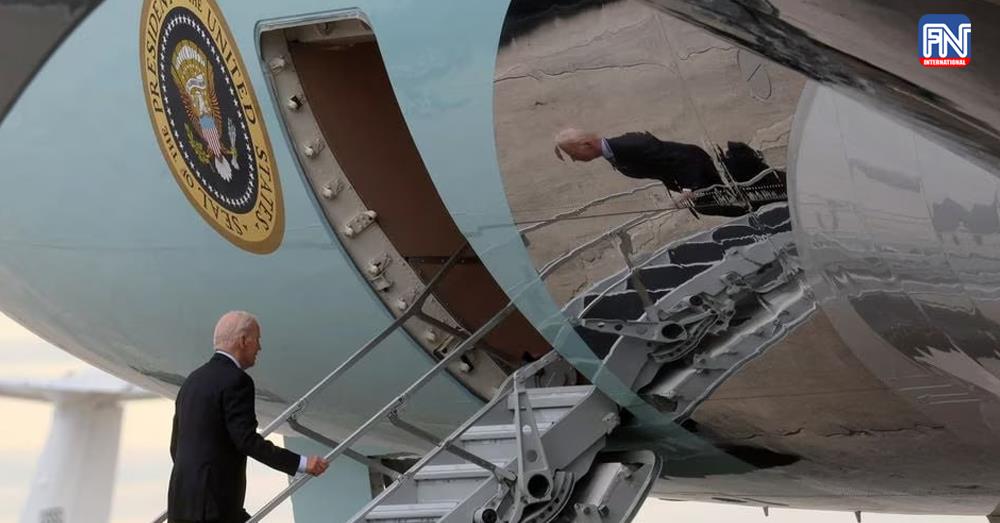GAZA, Oct 18 (Reuters) – A strike on a Gaza hospital killed hundreds of Palestinians, deepening tensions in the Middle East and raising the stakes for U.S. President Joe Biden as he flies to Israel on Wednesday to signal support for its war against Hamas.
Israel blamed the blast at Al-Ahli al-Arabi hospital on a failed rocket launch by the Palestinian Islamic Jihad group, which denied responsibility.
Reuters could not independently verify the claims, but the incident has inflamed a region already in crisis since Hamas carried out an Oct. 7 cross-border rampage against communities in southern Israel in which at least 1,300 people died.
Palestinian ministry spokesperson Ashraf Al-Qudra said rescuers were still pulling bodies from the rubble.
Al Jazeera carried footage showing a frantic scene as rescue workers scoured blood-stained debris for survivors. Rescuers and civilians were shown carrying away at least four victims in body bags. A Gaza civil defence chief gave a death toll of 300, while health ministry sources put it at 500.
Biden's complex diplomatic mission to the Middle East was supposed to calm the region and shore up humanitarian efforts for Gaza, but after the strike, Jordan cancelled a planned summit with the U.S. president, Palestinian President Mahmoud Abbas and Egyptian President Abdel Fattah al-Sisi.
Abbas also cancelled plans to meet Biden, as Palestinian security forces fired tear gas and stun grenades to disperse anti-government protesters in the occupied West Bank city of Ramallah as popular anger boiled.
Protests also took place at Israel's embassies in Turkey and Jordan and near the U.S. embassy in Lebanon, where security forces fired tear gas toward demonstrators.
Before the hospital strike, health authorities in Gaza said at least 3,000 people had died in Israel's 11-day bombardment that began after the Hamas assault, which caught Israel by surprise and led to nearly 200 people being taken to Gaza as hostages.
HUMANITARIAN AID
Speaking to reporters as Biden flew to Tel Aviv, White House national security spokesperson John Kirby said Biden would put "tough questions" to Israeli leaders but did not give details.
Biden will meet Israeli Prime Minister Benjamin Netanyahu and the Israeli war cabinet seeking to get a sense of Israel's plans and aims, Kirby said. He also aims to get humanitarian aid into Gaza, where millions of Palestinians are surviving with scant food, fuel and water due to Israel's siege.
"He'll be asking some tough questions, he'll be asking them as a friend, as a true friend of Israel, but he'll be asking some questions of them," Kirby said.
It was unclear what Biden could accomplish during his visit. Kirby said the U.S. president planned to speak with Abbas and Sisi on his way back to Washington.
"This sort of murky but horrific event makes diplomacy harder and increases escalation risks," said Richard Gowan, U.N. director at International Crisis Group.
Biden has previously said the United States does not want the conflict to flare up into a wider war, but the State Department took no chances, and told Americans not to travel to Lebanon, as Israel and the Islamist group Hezbollah exchange fire in Lebanon's south.
Iran, which supports Hamas, Islamic Jihad, and Hezbollah, has warned Israel of escalation if it failed to end aggressions against Palestinians.

Photo from Reuters